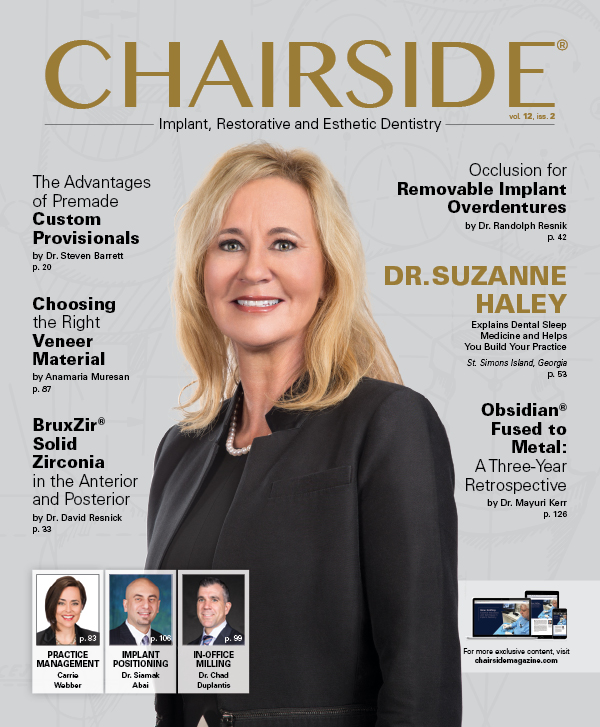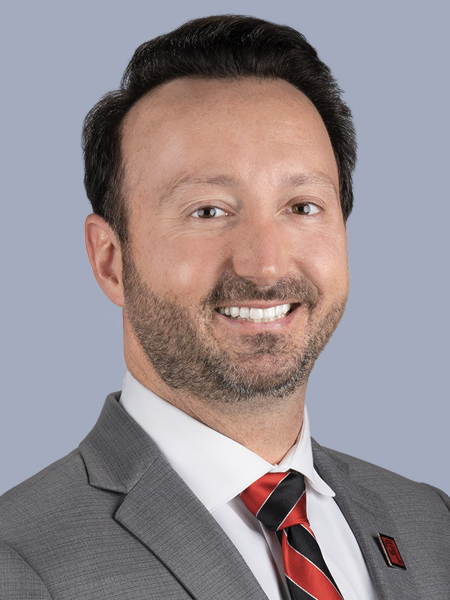Employee Spotlight: Will Schmidt, RDA
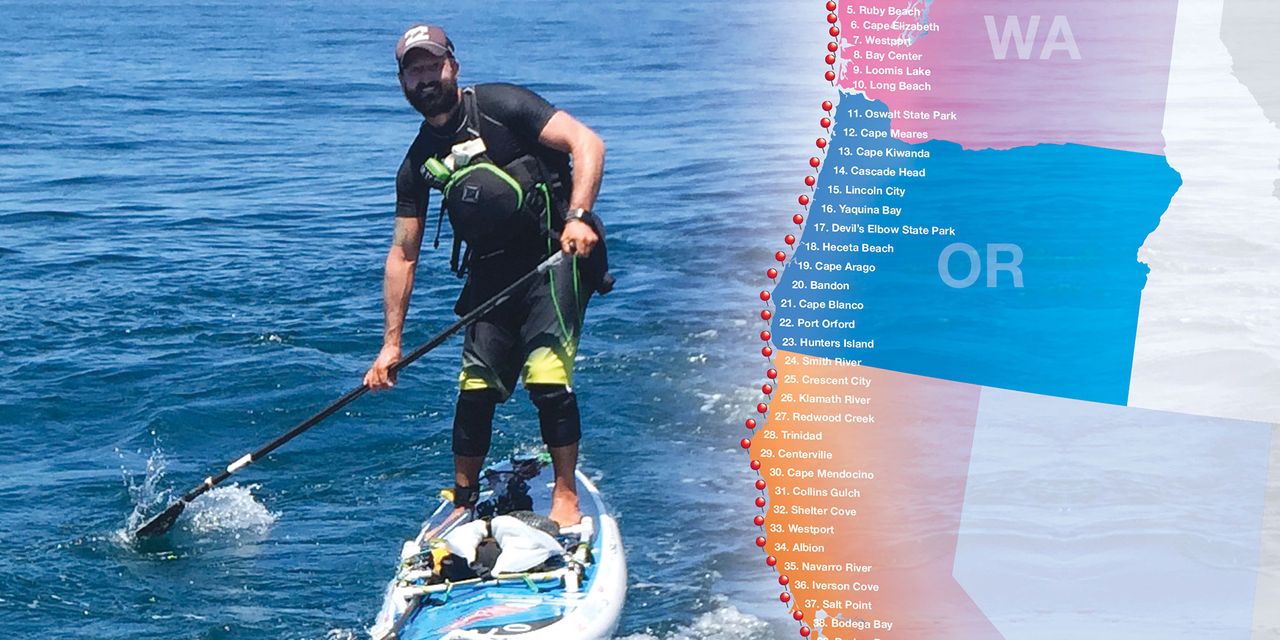
Thirty-two miles of open ocean. Twenty-three hundred feet to the sea floor below. Fifteen-foot swells a repeated reminder of the unforgiving power of Mother Nature. “The Channel of Bones,” the treacherous expanse between the Hawaiian islands of Oahu and Molokai, may seem like an unusual place to find a registered dental assistant. However, for Will Schmidt, RDA, this journey across the Ka’iwi Channel was the latest in a line of triumphs and world-firsts.
Schmidt is no stranger to the sea. As a professional ocean athlete he has crossed distances in paddle sports that would exhaust most people even if traversed in a jetliner. In 2014, he became the first and only person to stand-up-paddleboard from Canada to Mexico, completing more than 1,386 consecutive miles along the West Coast of the United States in 58 days. Schmidt, an honorably discharged U.S. Marine, dedicated this feat to raising awareness about active and former military service members who have anxiety, post-traumatic stress disorder (PTSD) and depression. He underscores each expedition with the message that pain, both mental and physical, can be properly managed and healed.
Between setting world records, Schmidt lends his restorative touch to one of the clinical operatories at Glidewell Dental. He has more than 13 years of experience as a registered dental assistant, having worked in boutique practices, large group settings and everything in between. In this issue’s Employee Spotlight, the Chairside® staff sat down with Schmidt to learn what inspires an elite ocean athlete to commit himself to clinical dentistry.
CHAIRSIDE MAGAZINE: Will, thanks for taking the time out of your day for Chairside magazine. Can you tell us a little about your paddling career?
WILL SCHMIDT: I am a professional ocean athlete who holds six stand-up paddleboarding world records. I competed solo in the last two invitational Molokai 2 Oahu Paddleboard World Championships, in which competitors race across the Ka’iwi Channel, the stretch that spans from the islands of Molokai to Oahu.
When people find out what I do athletically, they ask how working in dentistry correlates to that. Although I am a professional lifestyle athlete, I’ve never collected one dollar from anything that I do. It all goes toward charity or funding future trips. Being a former U.S. Marine, I use my paddling to conduct charitable events for military service members who suffer from anxiety, post-traumatic stress and depression that’s service related. In order to maintain my lifestyle and passions, I’ve continued to work in dentistry for the past 15 years. To this day I’m still very much in love with dentistry.
CM: What attracted you to Glidewell Dental?
WS: In 2014 I was feeling a little stagnant in my dental career. At the time I wasn’t really moving forward, so I planned to take a year off of dentistry to work on a trip. I planned to solo-paddle along the entire West Coast of the United States, from Canada to Mexico. I logged an estimated 1.25 million paddle strokes during those 58 days, and was able to refocus myself and figure out how I wanted to pursue dentistry.
Getting the opportunity to come to Glidewell Dental is really what opened my eyes back up and refreshed my love for dentistry. Working in different dental offices over the years, I had used Glidewell products many times and was very familiar with the company. Here, all of a sudden, I’m doing so much more and reaching out to so many more people.
CM: What is your role at Glidewell Dental? And what does that entail?
Getting the opportunity to come to Glidewell Dental is really what opened my eyes back up and refreshed my love for dentistry.
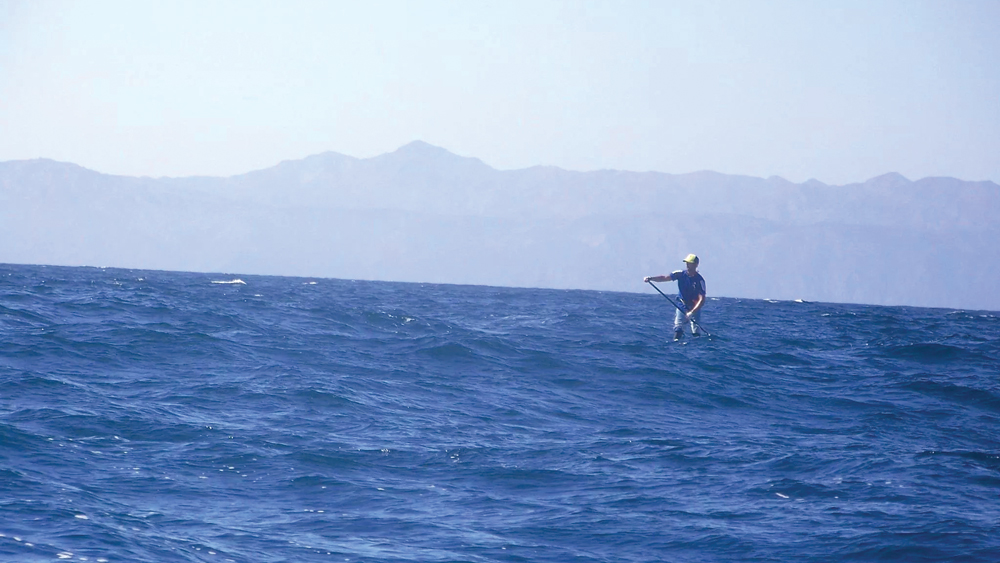
A professional ocean athlete, Schmidt has competed solo in the last two invitational Molokai 2 Oahu Paddleboard World Championships.
WS: I’m the clinical operatory manager. In the operatory, we do just about everything that relates to dentistry and Glidewell Dental research. I assist Dr. Anamaria Muresan with all procedures. At the building in which I work, our main focus is on restorative and cosmetic dentistry, but we’re also starting to do implantology. We have another operatory where Drs. Siamak Abai and Justin Chi focus on implantology, oral surgery and digital dentistry. The Glidewell clinical staff conducts clinical research on all the new dental ceramics and other devices and materials that are developed by the company’s Research & Development team.
CM: What led you to pursue a career within the dental industry?
WS: After high school, I joined the United States Marine Corps and served through the Kosovo conflict and 9/11, completing my enlistment in 2002 and returning stateside. Knowing that I wanted to be in health care after the military, I did some working interviews with a number of health care professionals. Eventually, I went to work for an oral surgeon with whom a friend was employed and I absolutely loved it. I enjoyed the idea of dentistry because, for the most part, people come in and they leave in better condition. It provides results that take a patient from A to B at a fast pace.
I completed my registration in dental assisting shortly after the Marine Corps released me from active recall in 2004 at the rank of sergeant. Today, I hold my RDA license as well as certificates in X-ray, coronal polishing, pit and fissure sealants, and ultrasonic scaling.
CM: You worked in dental offices for some time before coming to Glidewell Dental. How does the environment here compare to the environments of other practices in which you’ve worked?
WS: In the 13 years before I joined Glidewell, I worked at practices of every type. I started my career at a boutique practice where there were three operatories and a staff of three people: a hygienist, a doctor and me. There I served as the dental assistant as well as the front office and treatment coordinator. The largest group I worked for was a group of 10 offices that had all specialties in-house across their different locations. The flagship office where I was the lead assistant had 22 employees. When you work at a small office or group practice, there are a lot more hats that dental assistants have to wear.
Coming to Glidewell has been so much different because I have 4,500 highly trained colleagues with a wide range of specialties. One of the greatest benefits of being here is that I can see what doctors from across the nation are doing and what they’re sending to the lab. One shortcoming I often see is communication with the lab. In my role, I can take a big part in helping those doctors to make things run smoothly.
The dental assistant can be the most trusted person in the dental office. You’re the first person the patient sees when they’re nervous and the last person they see when the numbing wears off.
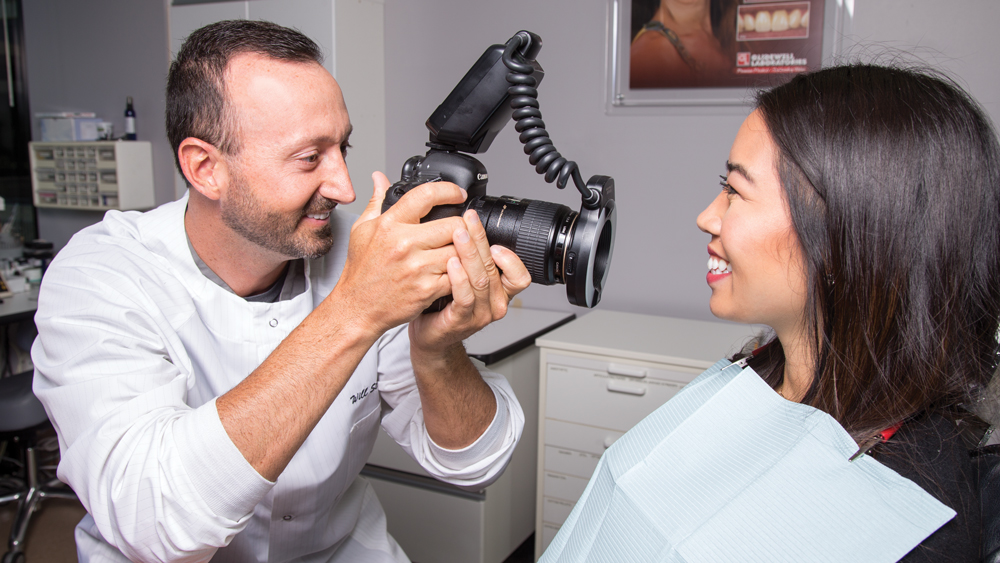
Schmidt has more than 15 years of experience in dentistry, including 13 as a registered dental assistant. He has worked in various types of practices.
CM: Do you have any insights on how the doctor-lab relationship might be improved?
WS: Communication with the lab is critical. A lot of doctors will write up the lab slip and say that the lab will take care of it. While the lab slip may seem sufficient for informing the technician, it may not be if incomplete or hastily filled. I’m really big about photography, shade-taking, and properly relaying what you want on the lab slip or through email. Communication between dentists and labs is one thing that I believe could be improved globally in dentistry.
CM: Has working within a dental laboratory offered you any unique insights into dentistry?
WS: Being able to see how things are fabricated, as well as what kind of time and effort it takes, and how many people are involved in the process, has given me much more respect for the deadlines set by laboratories to get work done. At Glidewell, it’s not necessarily only one technician who gets it and takes it from start to finish — there are so many moving parts. Each step is completed by a specialist who is trained to do that exact task with precision.
Another thing is that I get to work so closely with the experts developing the materials and lab processes. For instance, the R&D manager involved with improving BioTemps® Provisionals (Glidewell Laboratories; Newport Beach, Calif.) will stand right in the operatory and watch my technique when I’m seating the temporary. Based on what I’m doing with a live patient, the development teams will go back and improve products.
CM: What is your favorite aspect of being a registered dental assistant?
WS: I love patient interaction. The dental assistant can be the most trusted person in the dental office. You’re the first person the patient sees when they’re nervous and the last person they see when the numbing wears off. I really like honing my ability to meet a stranger, talk them off a cliff and break down those trust barriers. Auxiliaries can really break down those initial walls.
CM: Do you have an especially memorable experience of breaking down a patient’s barriers?
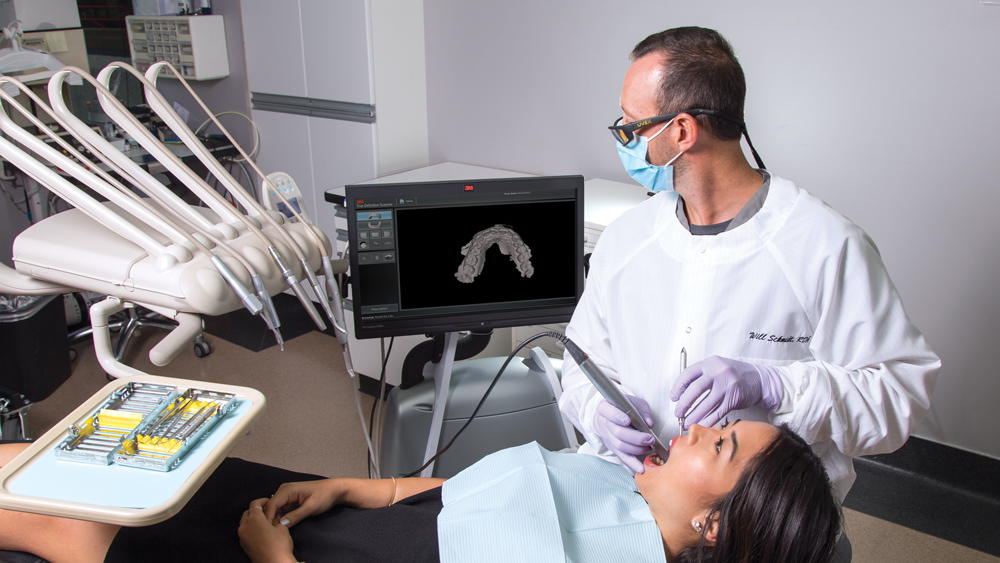
At Glidewell Dental, Schmidt assists Dr. Anamaria Muresan in one of the company’s two clinical operatories. Their operatory focuses on restorative and cosmetic dentistry.
WS: There was a man I greeted at the door once. It was his first time at the office, and he stood up and reached out to shake my hand, saying, “Wow, doctor, you must be really understaffed if you’re coming up to greet me today.” And I replied, “Oh, I’m Will, the doctor’s assistant.” Right before his hand had reached mine, his hand went down. He looked super disappointed and said, “Oh, you’re just a dental assistant?” That word “just” got me thinking.
He hadn’t been to the dentist in quite some time and was an emergency patient. At the end of that appointment he turned to me and said: “Wow, I was here for three hours and I saw your doctor for about 30 minutes. You were with me the entire time. I really feel bad for saying ‘just a dental assistant.’ You sure do have quite a lot of duties.”
The experience made the point to me that dental assistants aren’t just anything in the dental office. That interaction and being able to flip somebody’s idea of dentistry and dental auxiliaries is really important to me.
CM: The field of dentistry is changing rapidly. As technologies, tools and procedures are evolving, how do you see the role of the RDA responding?
WS: There are so many people needing health care. People are living longer and keeping their teeth longer. The dental board is expanding duties of dental assistants to try to help us assist more patients because the patient flow is outnumbering the practitioners, assistants and people who can take care of them.
In my experience, the dental assistants and hygienists can really steer the doctor in terms of where the practice goes with technology. So, dental assistants need to learn how to utilize new technologies because that’s what’s going to help the most patients in the future. The doctor’s willingness to trust auxiliaries and hygienists to further the practice, and our initiative to reach out and try to better the practice, is critical to patient care.
The doctor’s willingness to trust auxiliaries and hygienists to further the practice, and our initiative to reach out and try to better the practice, is critical to patient care.
CM: It’s unique for a dental laboratory to have two functioning dental practices and a full-fledged R&D department. Are there any noteworthy interactions, collaborations or research projects you have been a part of in your time with Glidewell Dental?
WS: We’re constantly trying to improve the strength of existing ceramics and develop new types of restorations in dental ceramics. Sometimes we’ll try-in eight or more crowns fabricated from different materials for the same tooth. We take very detailed photographs, notes and readings to see what’s working and what’s not. Most of the feedback that we give to R&D is used to reformulate and improve the product. This immediate feedback loop is something that, to my knowledge, no other company in the industry has.
CM: Considering that the vast majority of your patients are involved in dental technology, does this change your interactions when you’re chairside?
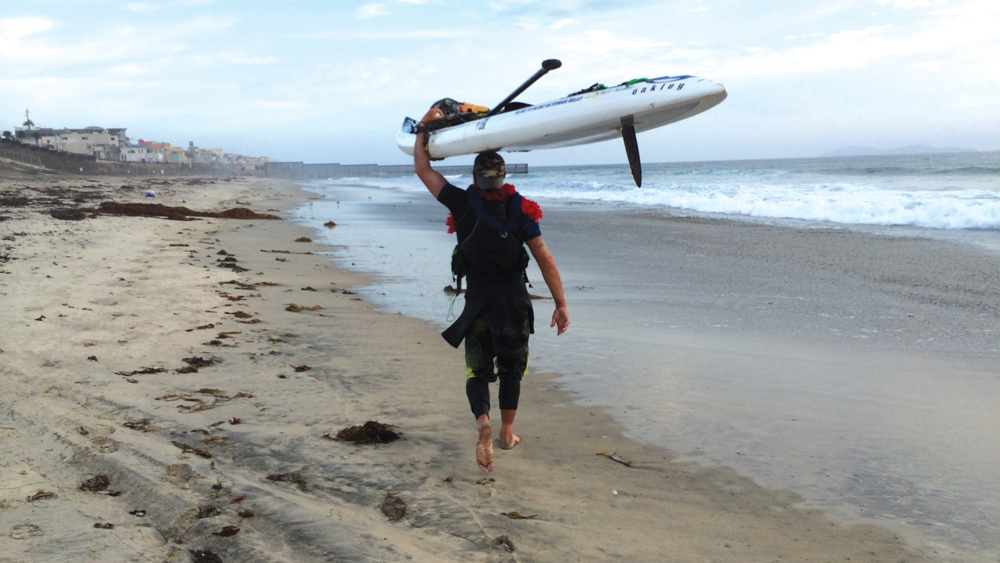
Schmidt holds six stand-up paddleboarding world records, and competes in both speed and endurance events in a variety of board classes.
WS: Absolutely. Based on the experience from my career, I’m very used to simplifying things for patients so they can understand. If you talk to a dental technician like you might talk to a normal patient, they will look at you as though you’re being condescending. We employ people from over 40 different nationalities at Glidewell Dental and they speak a wide variety of languages, but every single person here speaks dentistry. It is really neat to be able to communicate exactly what you think to the patient, and the patient is then able to tell you in proper dental and medical terms exactly what they’re feeling.
CM: Do you think it is harder to earn their trust because they have that knowledge?
WS: It’s not hard to earn their trust because we work with them every single day — it’s like a family situation. But, on the other side, because they have this existing dental knowledge they are more aware of the complications and things that go wrong. We do exceptional dentistry here; however, it will become immediately obvious to them if the case did not go as planned.
CM: Will, we’re grateful to have you as part of the Glidewell family. Thank you for taking the time to share your story with us. So, what’s next on your horizon?
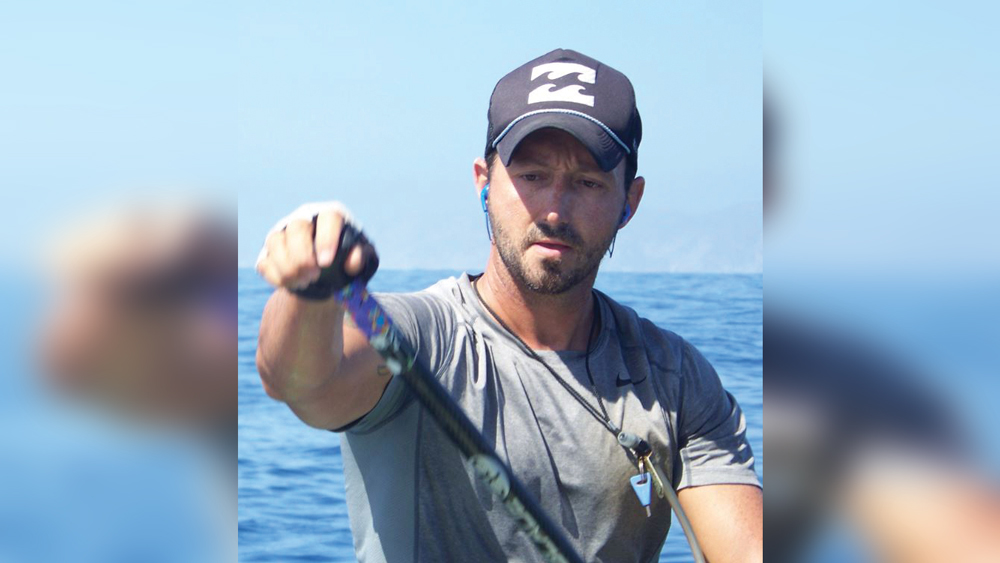
Schmidt also uses his paddling to conduct charitable events for military service members who have anxiety, depression and PTSD.
WS: Along with being passionately involved in activism and support for military service members and civilians who suffer from anxiety, depression, PTSD and similar afflictions, I also participate in monthly private sailing charters that help Southern Californian children who are in foster care and protective custody experience the ocean. I rely heavily on ocean-related therapy to help children and adults improve their overall quality of life. I plan to continue and grow my fundraising and charitable efforts.
This summer I have again been invited to go back to Hawaii to race across the infamous Channel of Bones during the Molokai 2 Oahu Paddleboard World Championships. This fall I’m being given an exciting opportunity by the Scripps Institution of Oceanography at UC San Diego to head to the Channel Islands, the island chain off the southwestern coast of California, with their team and retrace oceanic trade routes that indigenous cultures like the Chumash and Luiseño would’ve taken 10,000–15,000 years ago via paddle-powered vessels. Successful completion of this trip will make me the first person historically to solo-paddle the entire Channel Islands chain connecting each island from mainland California and back.
CM: That’s fantastic. We wish you well in all your endeavors. Thank you for your time.

